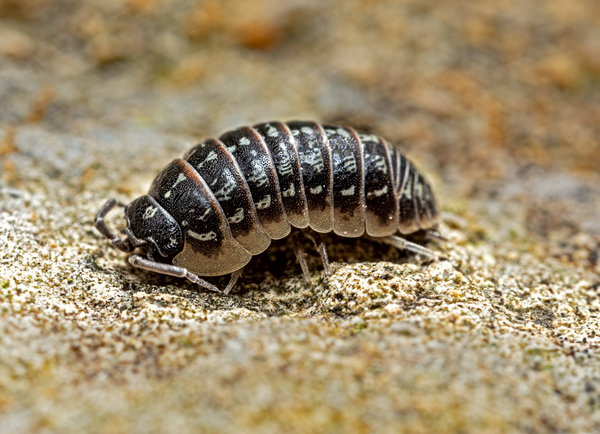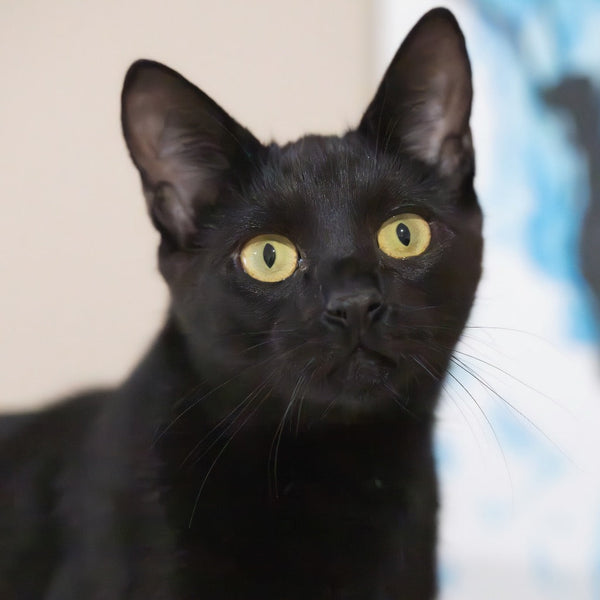Have you ever looked a dog and wished it was scaly with a forked tongue? Have you ever looked at your blue tongue skink and wished it was 10x the size so you could hang out on the couch together? Then boy do we have the pet for you, the tegu! Large lizards can be very intimidating to most, even those in the reptile hobby. Don't worry, these guys are basically the puppy dogs of the reptile kingdom. Let's take a closer look at the tegu and maybe this has been the dream pet you have been waiting for!
About the Tegu
Native to Central and South America, the tegu is a member of lizard species belonging to the family Teiidae. There are many types of tegu lizards however the most common species you will find available as pets are the gold (common) tegu, red tegu and Argentine black & white tegu. Tegus may resemble some monitor species but are only distantly related. Male tegus can be easily identified by the large jowls the develop as adults (with the exception of the gold tegu). On average, tegus will live up to 12 years and grow an astounding 3-5 feet in length! The tegu has become a household favorite in reptile community for their docile and gentle nature, and for their strong connection to their owners. So what does it take to keep a happy, healthy tegu in your home?
Enclosure
Tegus do best in a longer tank that provides them with room to roam around and exercise. At the least, the tank should measure 6’ by 3’ by 2.5’ with a tightly fit screen top. For a baby or hatchling, a standard 20-gallon tank with screen top is good. Since tegus like to burrow, we recommend you have at least 8" of substrate in your enclosure. Cyprus much makes an excellent substrate as it holds humidity well and cannot be easily ingested. Adding moss will also help hold a high humidity level, Pisces recommends: Zoo-Med Sphagnum Moss. DO NOT USE SAND! Sand can be easily ingested and can leas to intestinal blockages. Provide plenty of plants, branches and hides for your tegu to climb. Make sure your enclosure allows for adequate ventilation, high moisture levels with little to no exchange of air will lead to mold and fungus growth. A large weight on the top or a lock is required to prevent your Tegu from escaping.
Climate Control
 As mentioned above, a tegu required a high level of humidity (60% - 90%). Maintaining high humidity will aid the process of shedding and prevent health problems. Maintaining this high humidity level in such a large enclosure will typically require a fog machine or misting system hooked up to a digital hygrometer or timer. Click here to watch a short video on how to maintain high humidity! Keep a temperature of as low as 24 °C at night to as high as 38 °C during the day (75 °F to 100 °F). Use a heat bulb on one portion of the tank so the animal can escape the warm area if they need to. Additionally to heat, full spectrum UVB lighting is essential for calcium metabolism, appetite and preventing MBD (metabolic bode disease) in your reptiles. Pisces recommends: Zoo Med Reptisun LED UVB Terrarium Hood + Bulb.
As mentioned above, a tegu required a high level of humidity (60% - 90%). Maintaining high humidity will aid the process of shedding and prevent health problems. Maintaining this high humidity level in such a large enclosure will typically require a fog machine or misting system hooked up to a digital hygrometer or timer. Click here to watch a short video on how to maintain high humidity! Keep a temperature of as low as 24 °C at night to as high as 38 °C during the day (75 °F to 100 °F). Use a heat bulb on one portion of the tank so the animal can escape the warm area if they need to. Additionally to heat, full spectrum UVB lighting is essential for calcium metabolism, appetite and preventing MBD (metabolic bode disease) in your reptiles. Pisces recommends: Zoo Med Reptisun LED UVB Terrarium Hood + Bulb.
Feeding & Supplements
Tegus are omnivorous in the wild. As juveniles, you want to be feeding a high percent of calcium dusted proteins (crickets, worms, etc.) to help them grow. They will need to be fed multiple times per day until they are about 6 inches long without the tail. As they get older, you want to transition their diet to include fruits and vegetables (kale, romaine lettuce, dandelion leaves, strawberries, grapes, blueberries, mango). Variety is the spice of life, so try to cycle their foods to keep them interested. Avoid feeding iceberg lettuce, spinach, lettuce, broccoli, cauliflower, or other bitter veggies as they impede the ability to take in vitamins. Once fully grown, tegus can have an appropriately sized mouse as a treat up to twice a month. Protiens should be dusted with a quality calcium/supplement powder every other feeding. Pisces recommends: Repashy Calcium Plus Supplement.
Handling & Behaviour
 Hatchlings and babies are fragile and should be handled with caution. When they become juveniles, they can be handled frequently without any trouble. Tegus are incredibly intelligent and curious lizards that can be tamed and trained with regular handling and interaction. Argentine tegus are known to have "dog-like" qualities in that they are very loyal and seek companionship. Always be gentle, calm and talk softly so you do not accidentally frighten your pet. With regular handling and time spent together, you and your tegu will be best buddies in no time. You can even take your tegu for leash walk around the block when fully grown!
Hatchlings and babies are fragile and should be handled with caution. When they become juveniles, they can be handled frequently without any trouble. Tegus are incredibly intelligent and curious lizards that can be tamed and trained with regular handling and interaction. Argentine tegus are known to have "dog-like" qualities in that they are very loyal and seek companionship. Always be gentle, calm and talk softly so you do not accidentally frighten your pet. With regular handling and time spent together, you and your tegu will be best buddies in no time. You can even take your tegu for leash walk around the block when fully grown!





